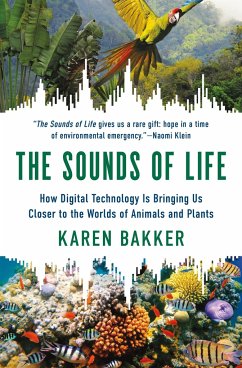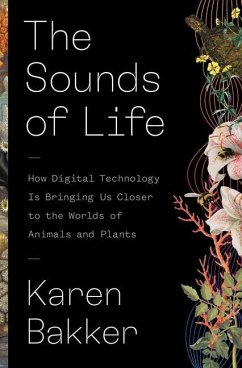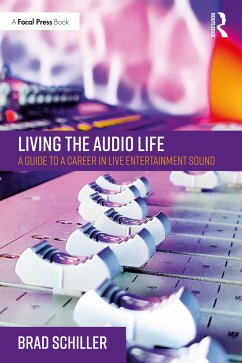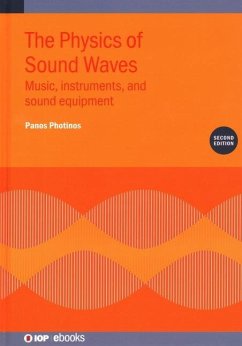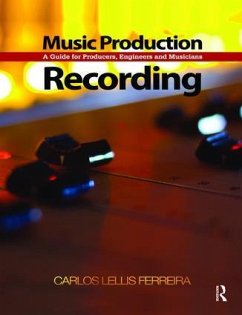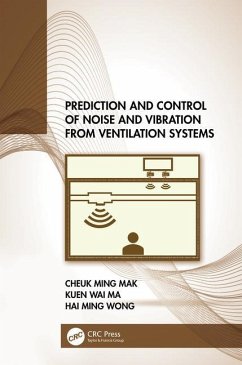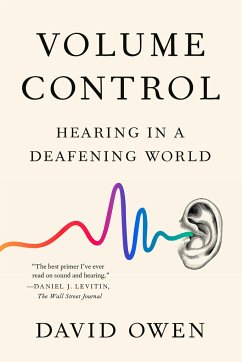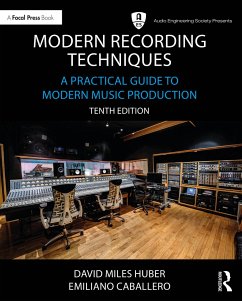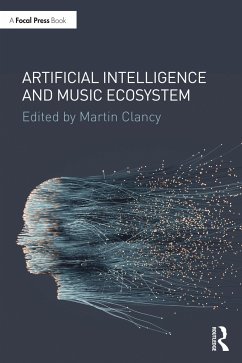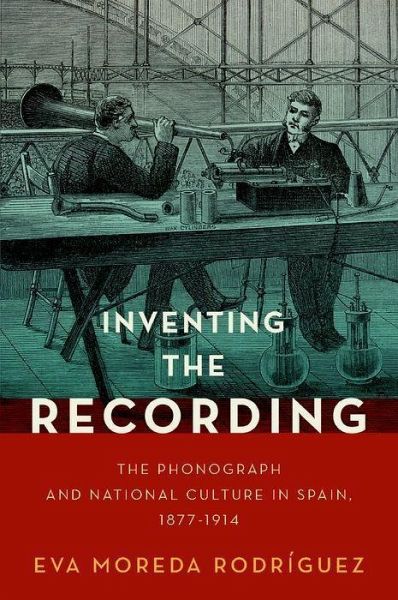
Inventing the Recording
The Phonograph and National Culture in Spain, 1877-1914
Versandkostenfrei!
Versandfertig in 6-10 Tagen
102,99 €
inkl. MwSt.
Weitere Ausgaben:

PAYBACK Punkte
51 °P sammeln!
Inventing the Recording focuses on the decades in which recorded sound went from a technological possibility to a commercial and cultural artefact, through the analysis of a specific and unique national context: Spain.




